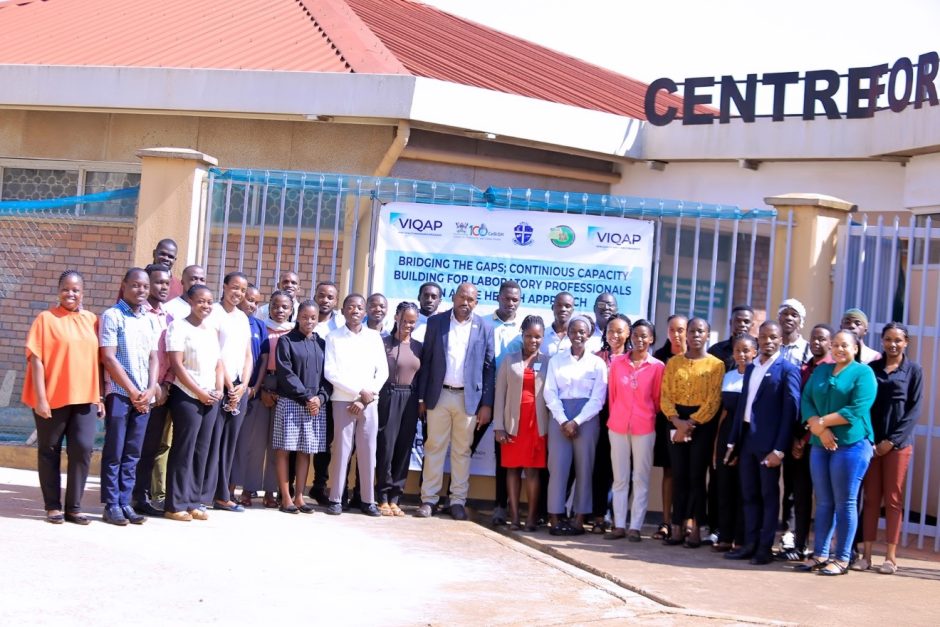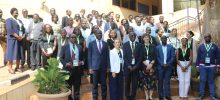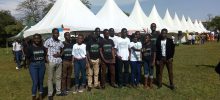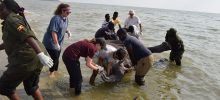Makerere Centre for Biosecurity and Global Health partner with VIQAP Consultancy Services and Stakeholders to Strengthen Biorisk Management Capacity Among Laboratory Technologists.
From 20th to 22nd October 2025, the Centre for Biosecurity and Global Health (CeBIGH) and the Department of Biosecurity, Ecosystems and Veterinary Public Health (BEP) at COVAB, Makerere University, in collaboration with VIQAP Consultancy Services, the Uganda Medical Laboratory Technologists Association (UMLTA), the Biosafety and Biosecurity Association of Uganda (BBAU), and the Uganda National Health Laboratories and Diagnostic Services, conducted a three-day Biorisk Management (Biosafety and Biosecurity) training which happened in the CeBIGH Conference room.
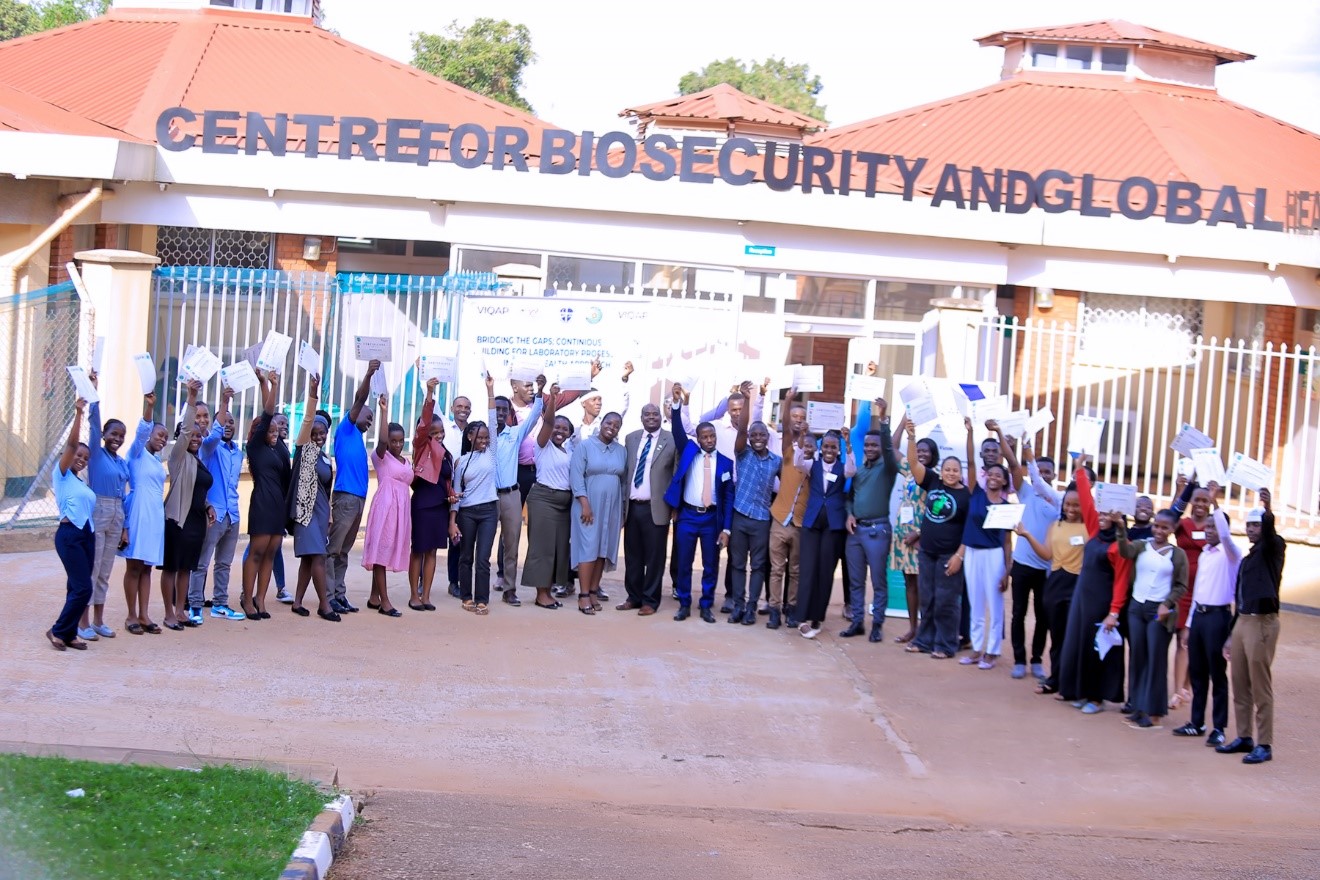
Figure 1: Participants posing for a photo after the training.
The training was part of an ongoing campaign to provide Continuous Professional Development (CPD) for laboratory professionals working across various sectors—including human health, animal health, environmental, biocontainment, and research laboratories. Participants included government and private laboratory technologists, graduate students of MSc Global Biosecurity and Infectious Disease Management, Clinical Epidemiology, Biomedical Laboratory Technology, as well as early-career biomedical scientists.
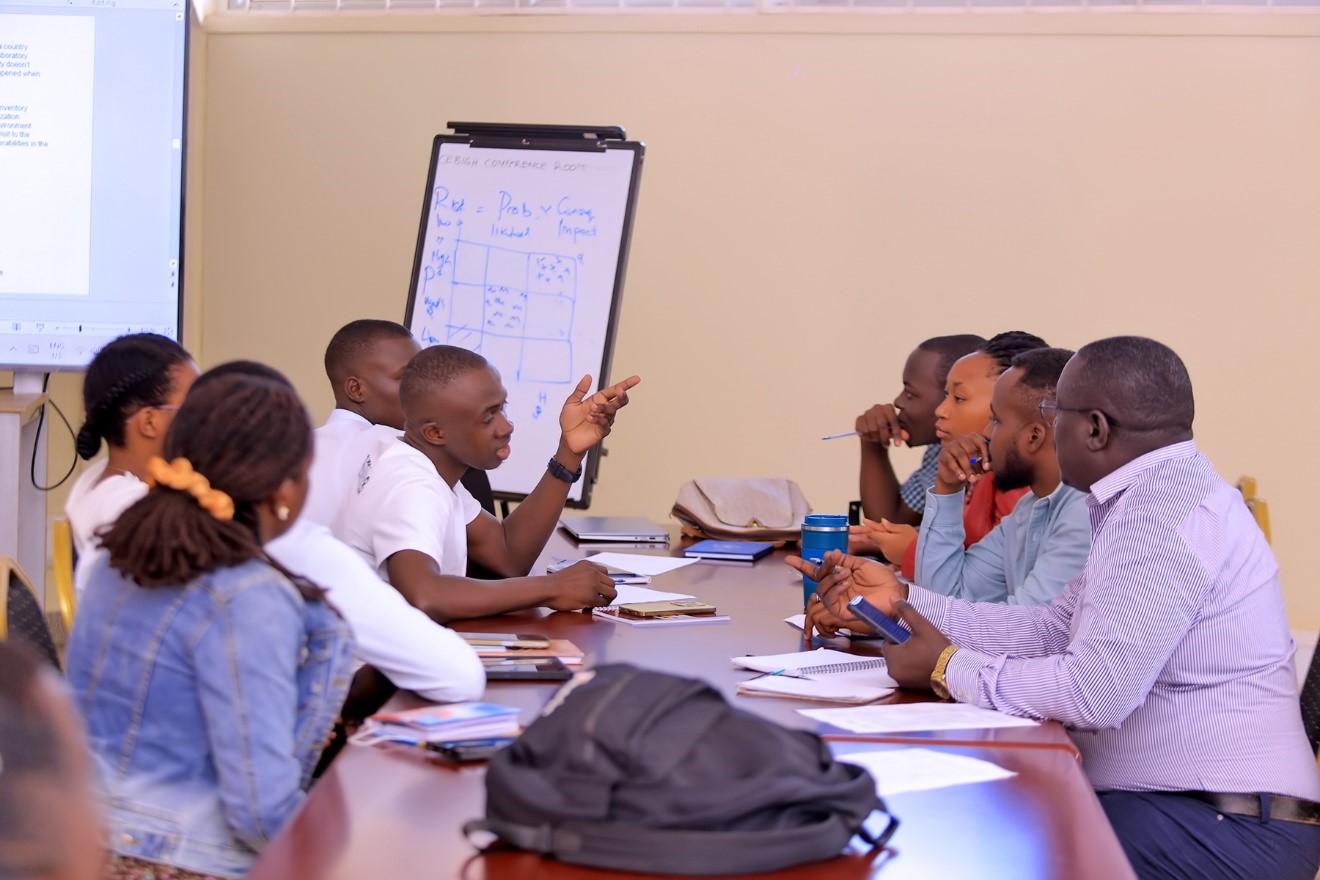
Figure 2: Participants in a group discussion during the training.
Building Competence in Biorisk Management
The Facilitation of the three-day training was led by Mr. JohnBaptist Galiwango, a certified Biorisk Management Professional by the International Federation of Biosafety Associations (IFBA) and Research Assistant in the Department of Biosecurity, Ecosystems and Veterinary Public Health (BEP), COVAB.

Figure 3: Mr JohnBaptist Galiwango, who was the lead facilitator for the three days Biorisk Management Training.
Participants were equipped with both theoretical and practical knowledge in key areas such as:
Biosafety and biosecurity principles and practices, Biorisk Management International standards and frameworks (ISO 35001, ISO 15189, ISO 15190, BWC, UNSCR, Cartagena Protocol), Risk management and the AMP model (Assessment, Mitigation, Performance Evaluation), Laboratory design, operations, and biological waste management, Introduction to Cyberbiosecurity and Dual-Use Research of Concern (DURC) and Introduction to Emerging technologies and responsible life sciences research.
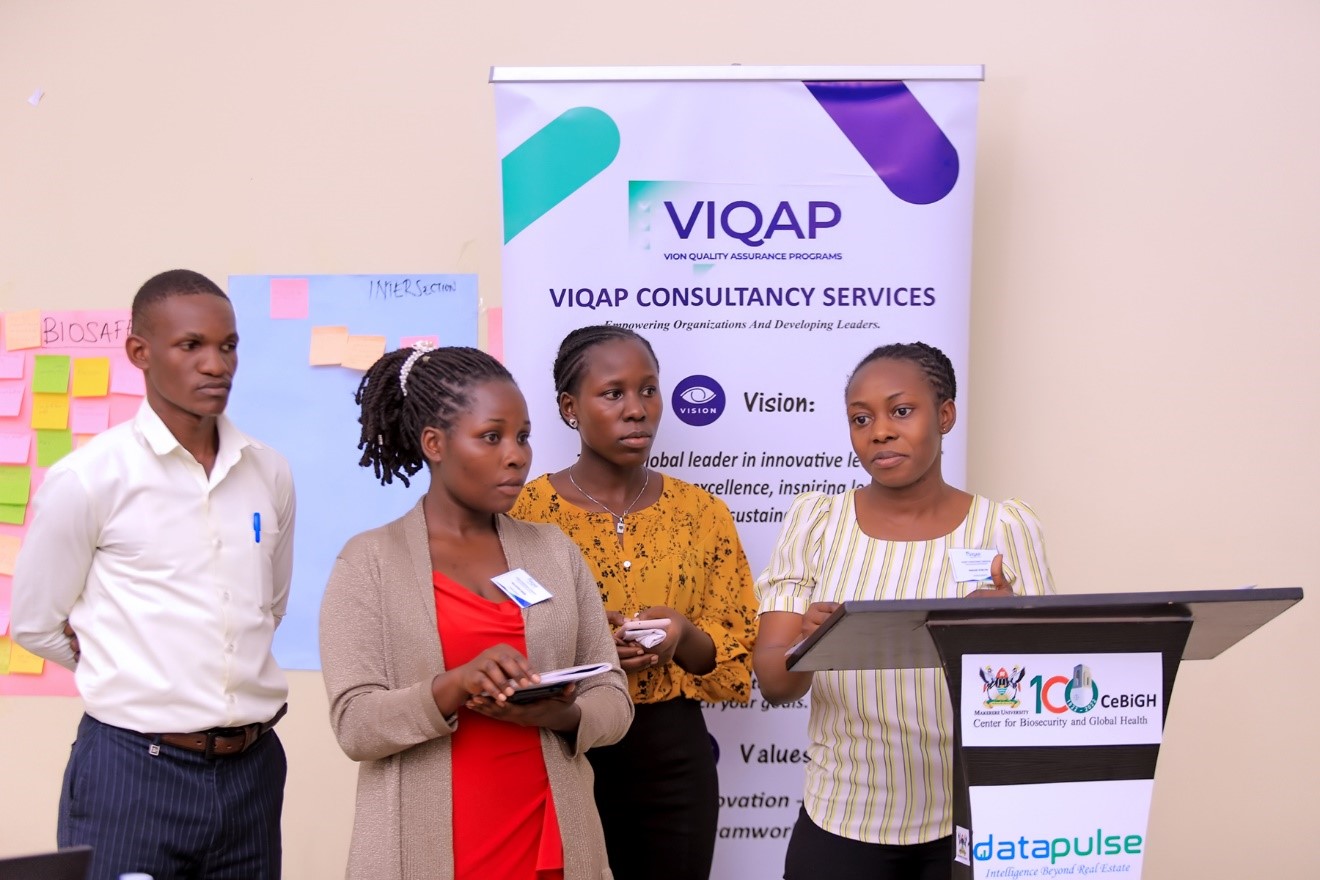
Figure 4:Some of the participant in an engaging group presentation.
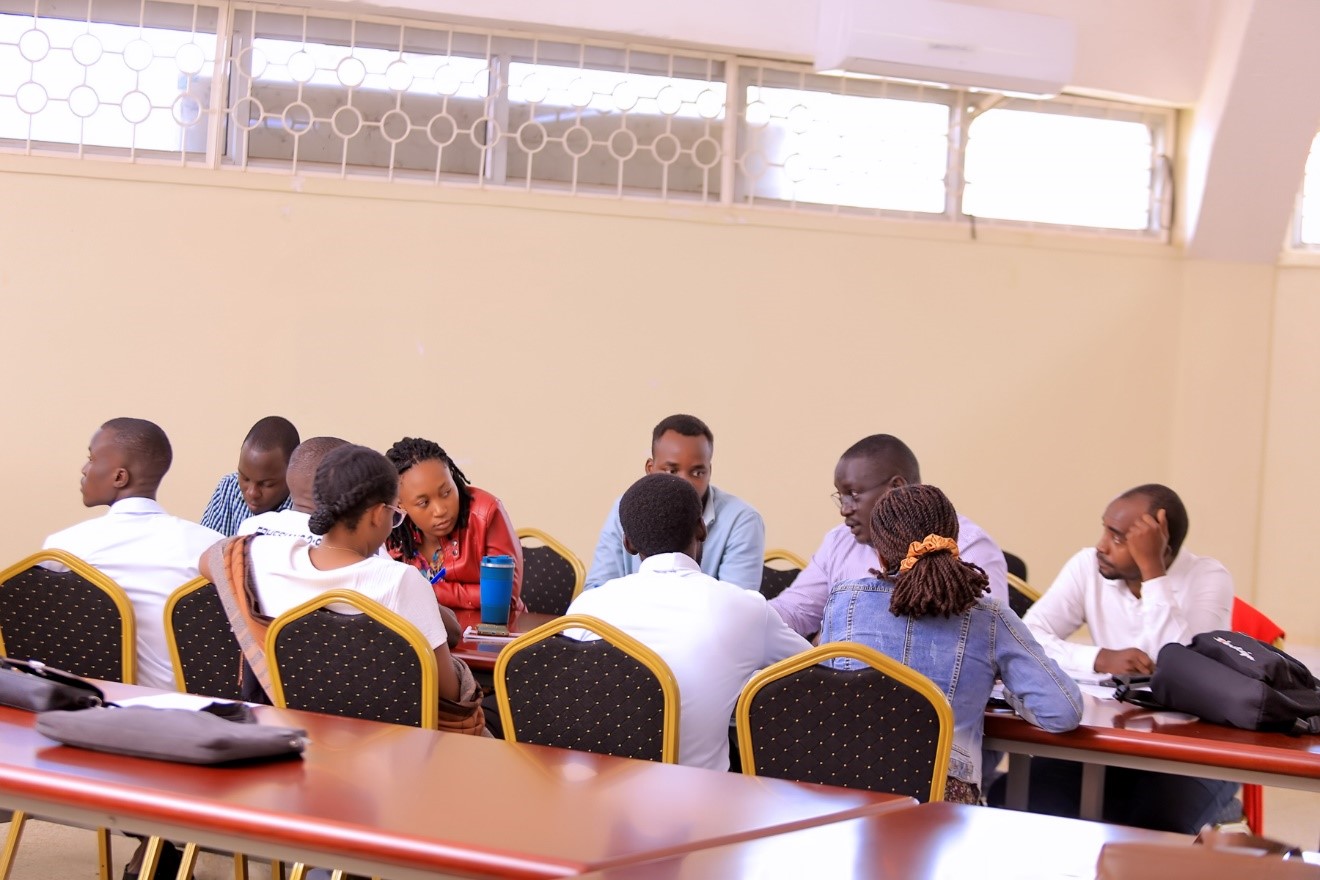
Figure 5: Participants in a group activity on day two of the training.
Mr. Galiwango emphasized the need for enhanced collaboration among public and private laboratory stakeholders to strengthen Uganda’s preparedness for potential emerging and re-emerging Biothreats and “Disease X.” He highlighted that a resilient laboratory system, supported by competent and well-trained personnel, is crucial in the era of rapid technological advancement. He also noted that over 200 professionals expressed interest in participating, but only a limited number could be accommodated due to resource constraints—underscoring the urgent need for more such capacity-building programs in the future.
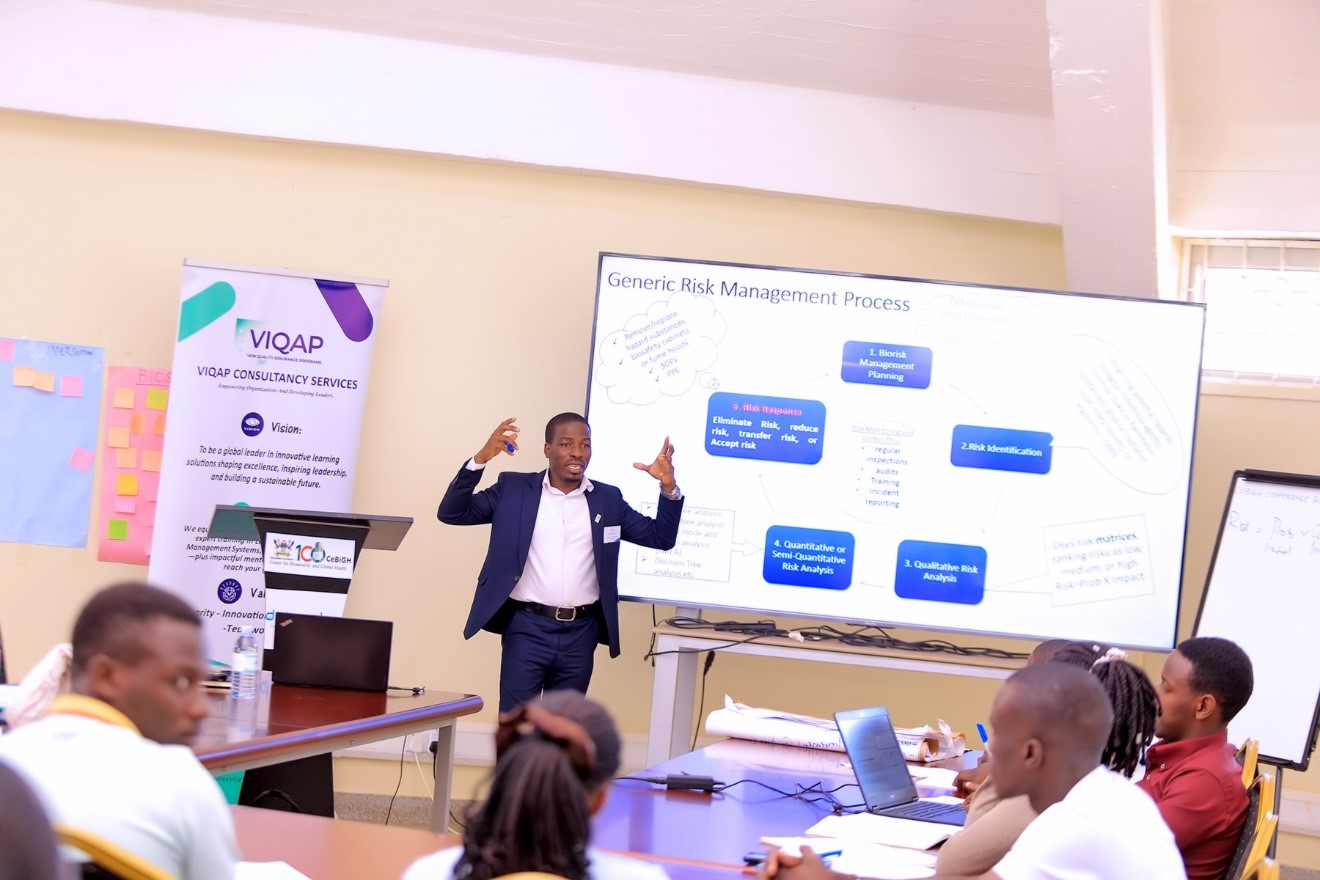
Figure 6: Mr Galiwango facilitating a Session on day Two.
Stakeholders’ Reflections and Commitments
Ms. Viola Nakidde, Managing Director of VIQAP Consultancy Services, expressed her appreciation to Makerere CeBIGH for hosting the training and for its continued commitment to professional development in the laboratory field. She reaffirmed VIQAP’s dedication to partnering with academic and professional institutions to close knowledge gaps among laboratory professionals through other CPD programs such as Internal Auditing, Laboratory Leadership and Management training and ISO Standards Implementation and support for laboratory accreditation processes.
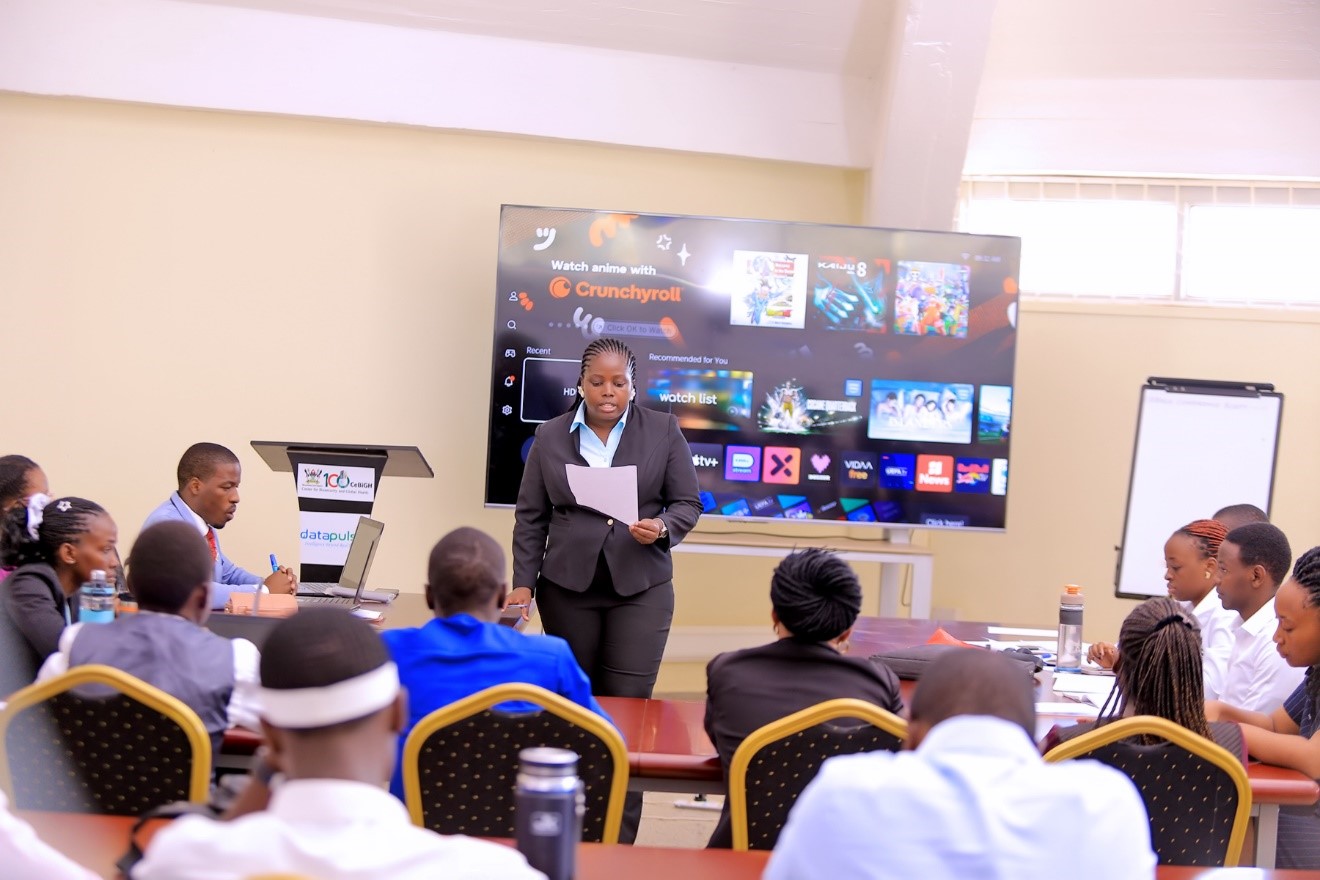
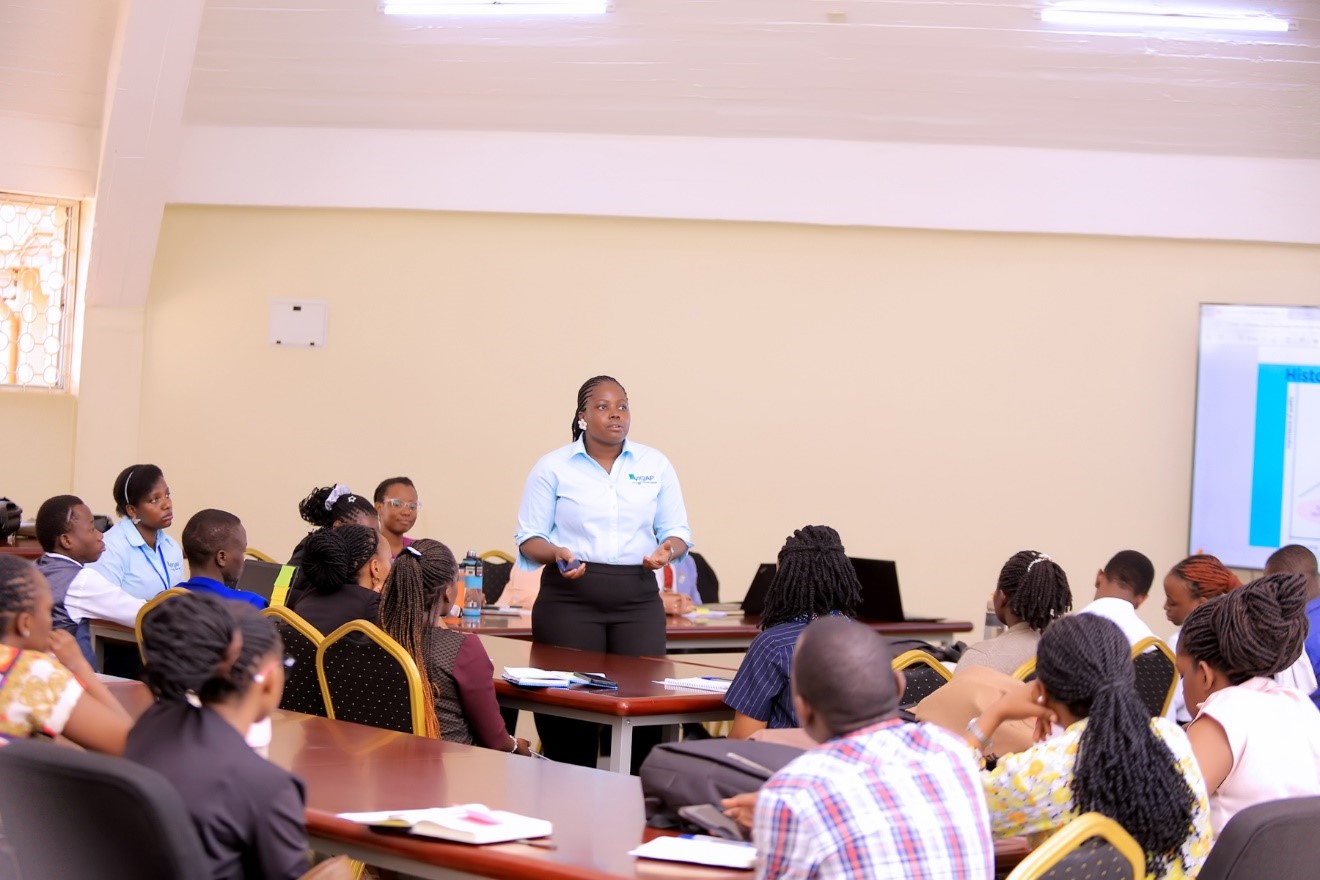
Figure 7: Ms. Viola Nakidde, the Managing Director of VIQAP Consultancy Services facilitating a session.
The training was officially opened by Prof. Clovice Kankya, Head of the Department of Biosecurity, Ecosystems and Veterinary Public Health , who commended the organizing team led by Mr. Galiwango and Ms. Nakidde. He encouraged participants to apply the knowledge gained for both personal and institutional growth and to seek further learning opportunities in biosafety and biosecurity.
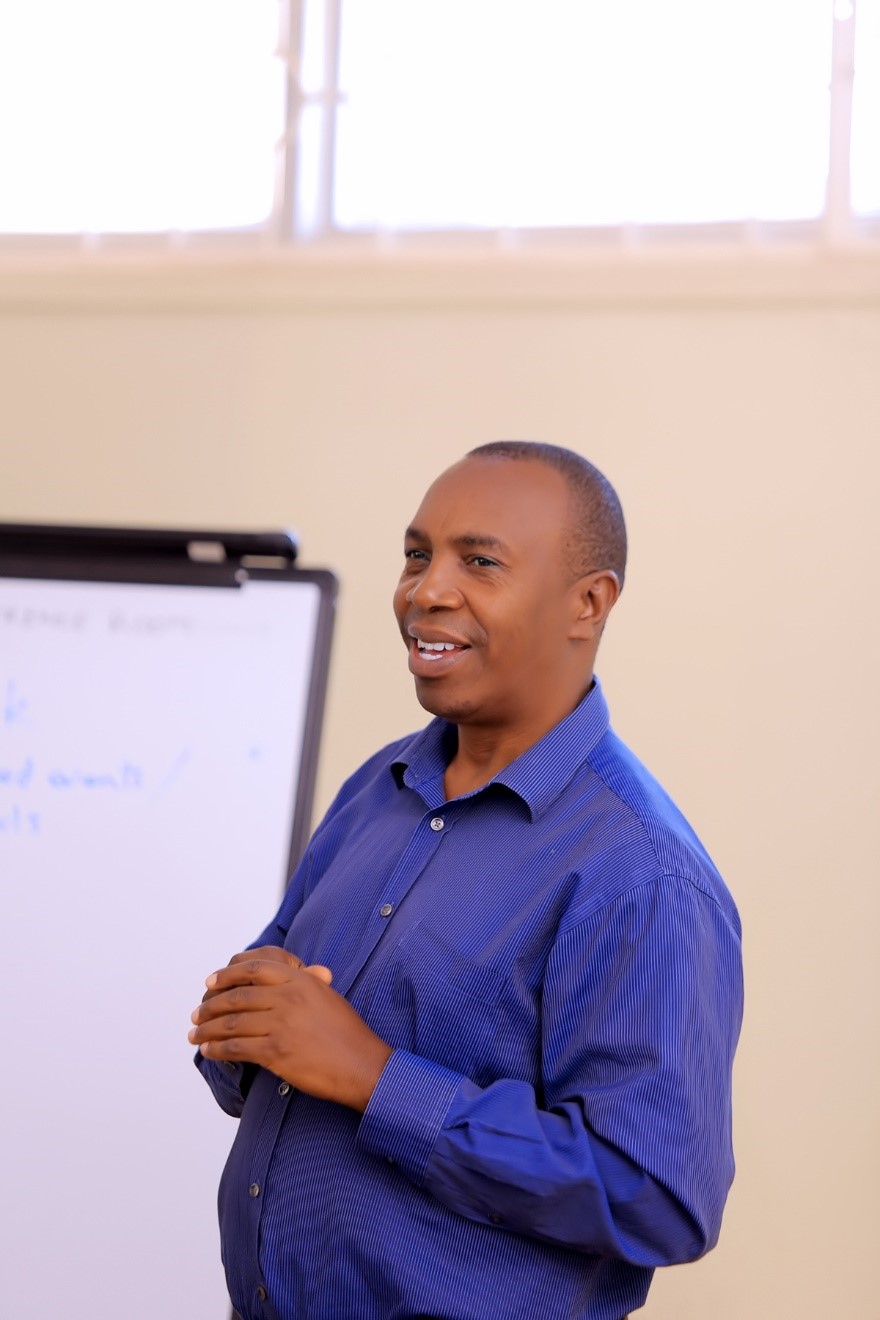
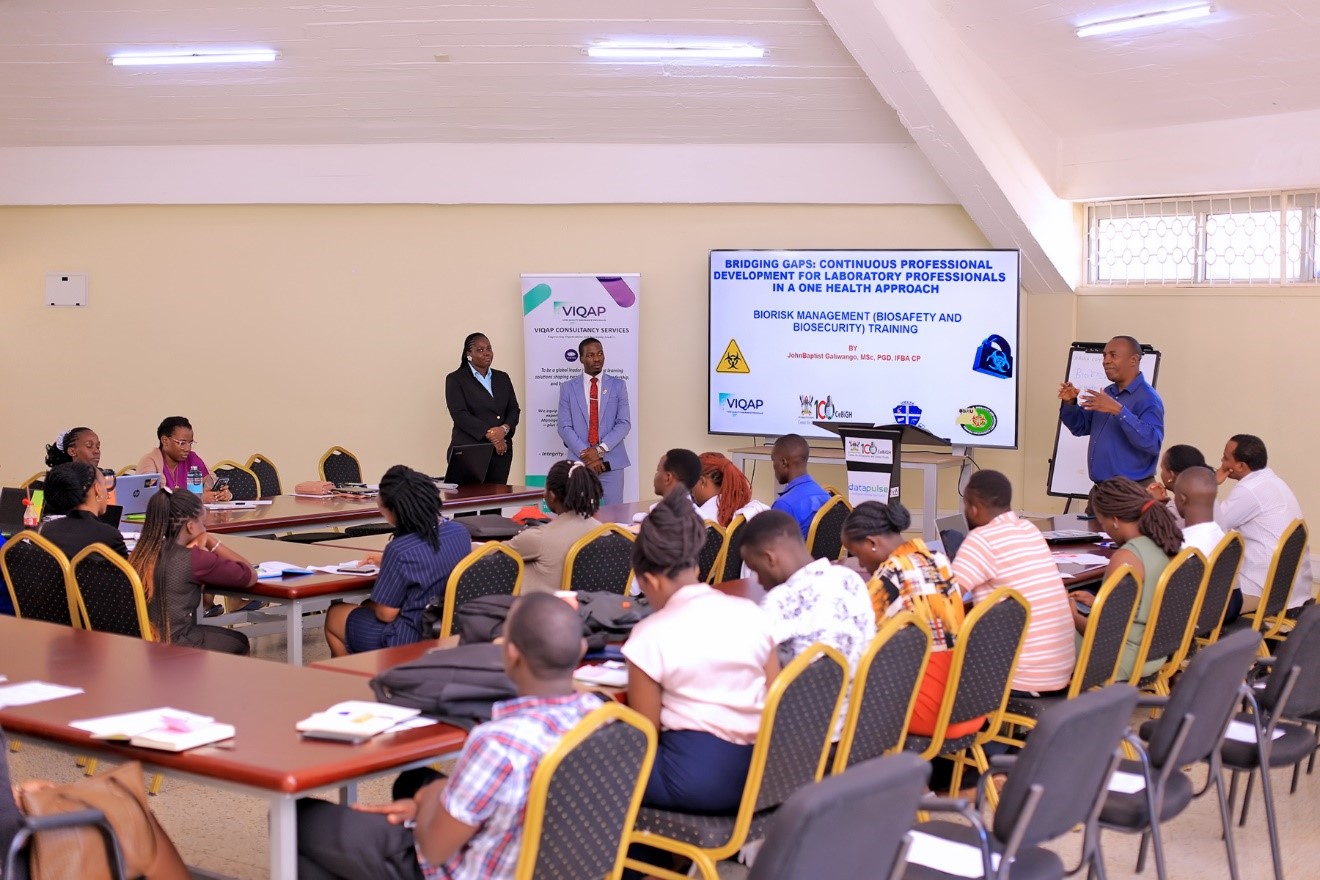
Figure 8: Prof. Clovice Kankya, the Head of Department of Biosecurity, Ecosystems and Veterinary Public Health, Makerere University addressing the participants.
Delivering the keynote address, Mr. Joseph Nkodyo, National Coordinator for Biosafety and Biosecurity Programs at the Ministry of Health, pledged continued government support for private sector partners such as VIQAP Consultancy to strengthen biosafety and biosecurity systems across Uganda’s laboratories. He urged participants to apply their new skills in daily operations and to engage in research advancing biosafety and biosecurity in Uganda.
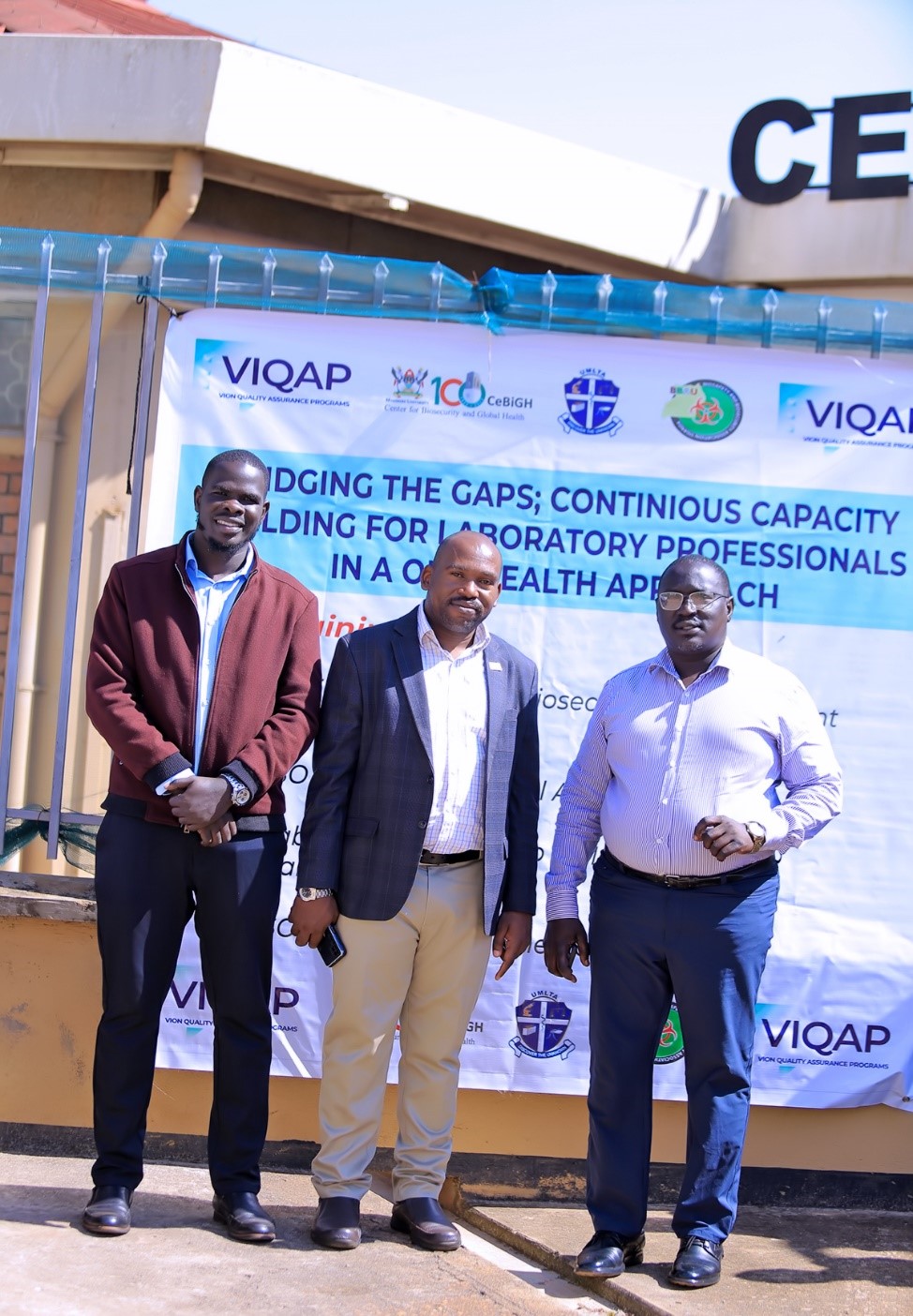
Figure 9: Some of the participants pose for a Photo with Mr Joseph Nkodyo (In the Middle)- The National Coordinator of Biosafety and Biosecurity programs from Ministry of Health.
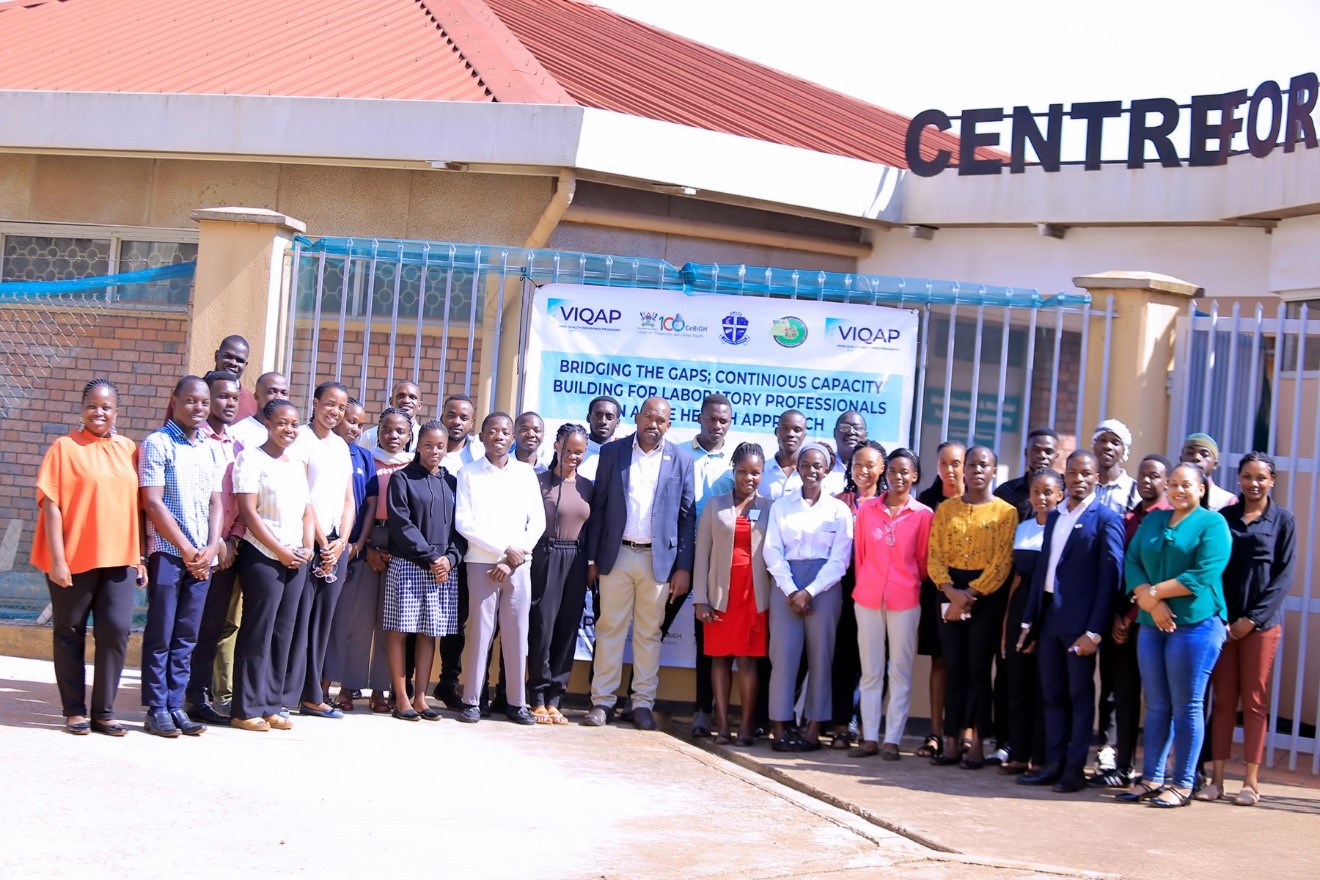
Figure 10: Participants and the facilitators pose for a Group photo with the National Cordinator of the Biosafety and Biosecurity programs of Ministry of Health Mr Joseph Nkodyo (Middle)
Closing Ceremony
The closing ceremony and award of certificate was presided over by COVAB’s Prof. Lawrence Mugisha, who doubles as the Chairperson of the National Biosafety Committee under the Uganda National Council for Science and Technology (UNCST). He applauded the initiative, noting that CeBIGH was the ideal venue for such technical trainings.
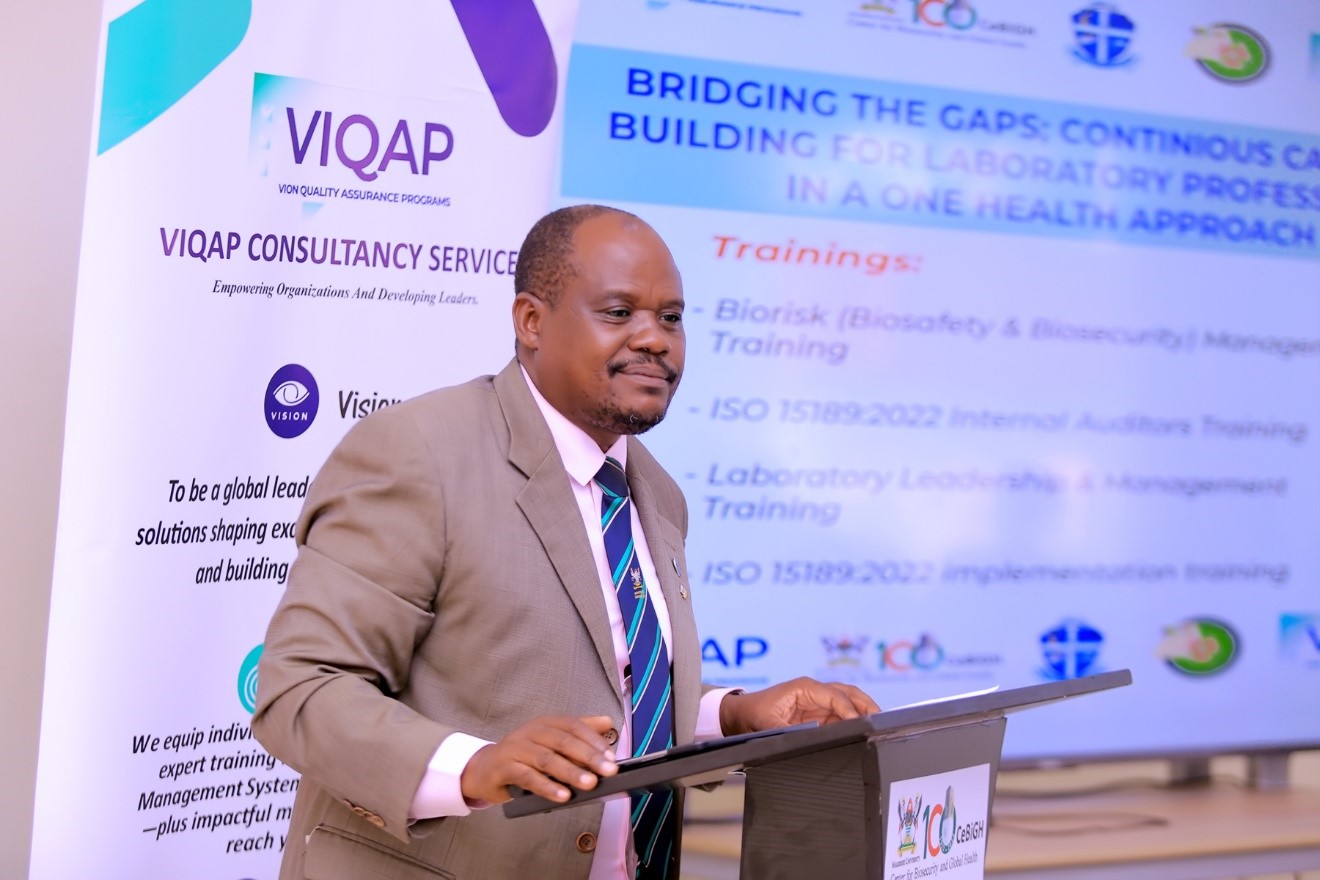
Figure 11: Prof Lawrence Mugisha addressing the participants at the closing Ceremony.
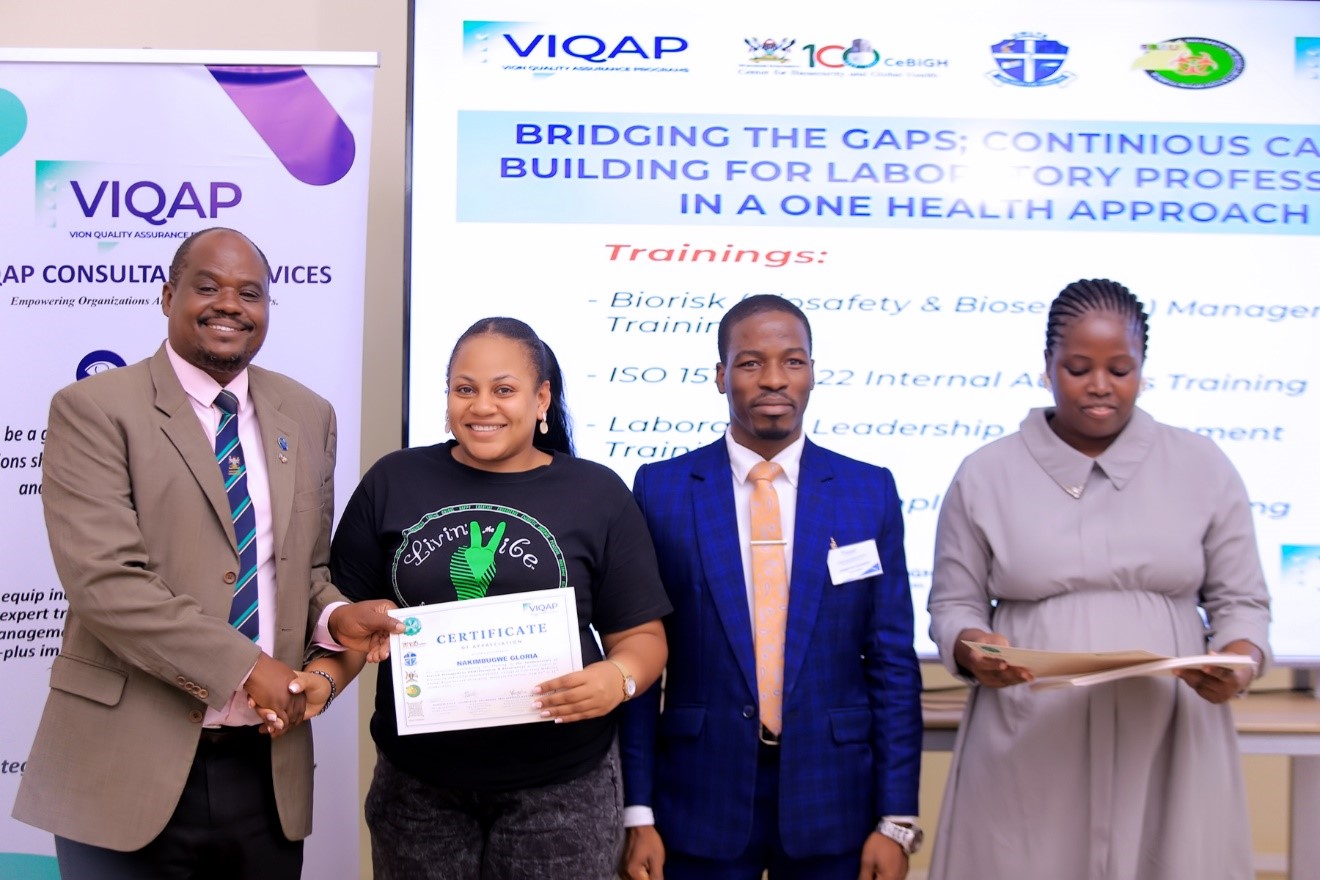
Figure 12: Prof Lawrence Mugisha- the Chairperson of the National Biosafety Committee awarding Certificate to one of the active participants during the closure of the activity.
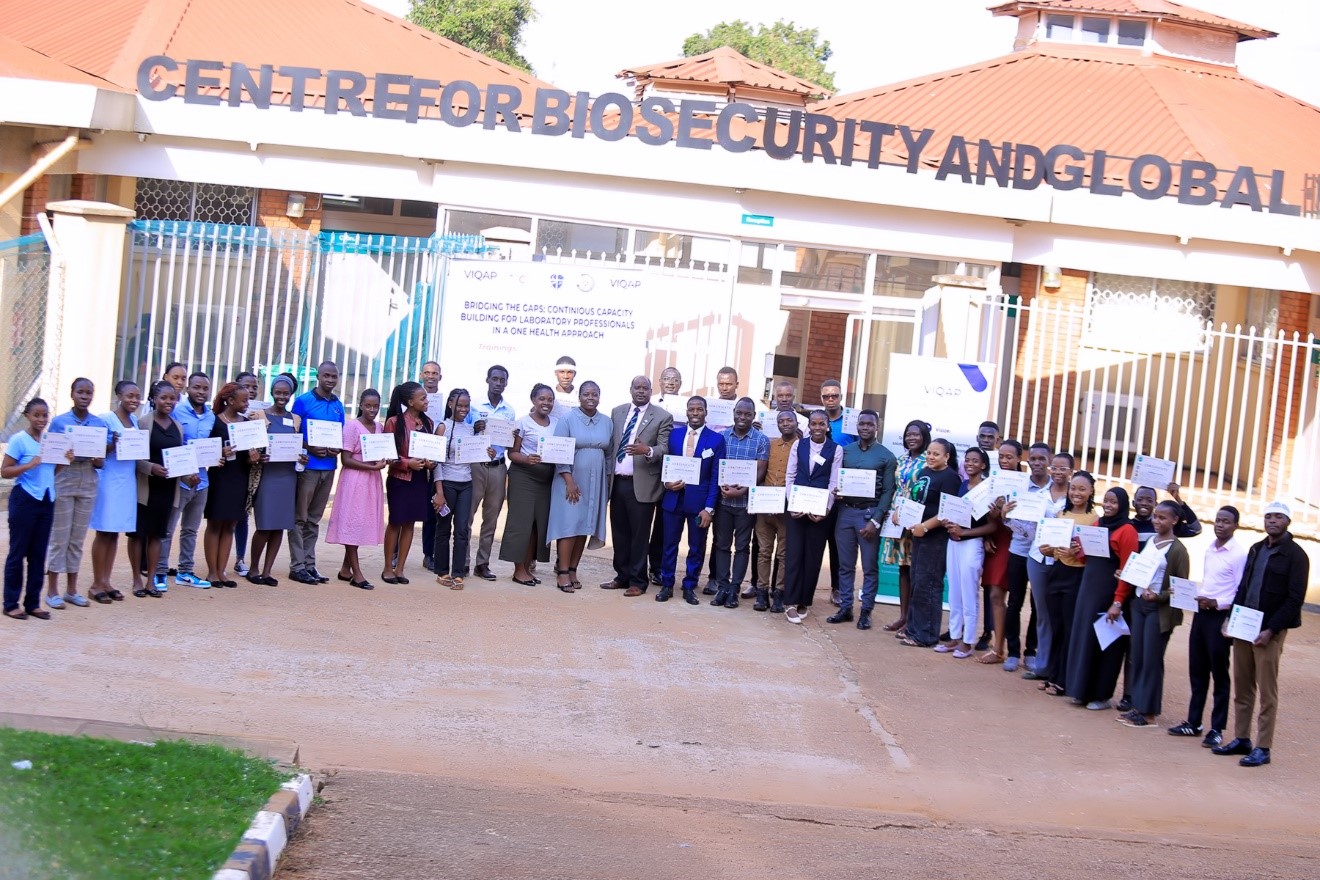
Figure 13: Participants posing with their certificates and the organizing team and Prof Mugisha after the training.
Prof. Mugisha underscored the importance of biosafety and biosecurity in the era of emerging technologies such as Artificial Intelligence (AI). He urged participants to deepen their understanding of Cyberbiosecurity, Dual-Use Research of Concern (DURC), and Gain-of-Function (GoF) Research, emphasizing responsible conduct in life sciences as a cornerstone for global health security.
Participant Feedback
Participants expressed deep gratitude for the opportunity, describing the training as a transformative experience that enhanced their professional competence. Many participants appreciated the practical and interactive approach of the facilitators and called for more frequent and sustained training programs to reach a broader group of professionals across Uganda.
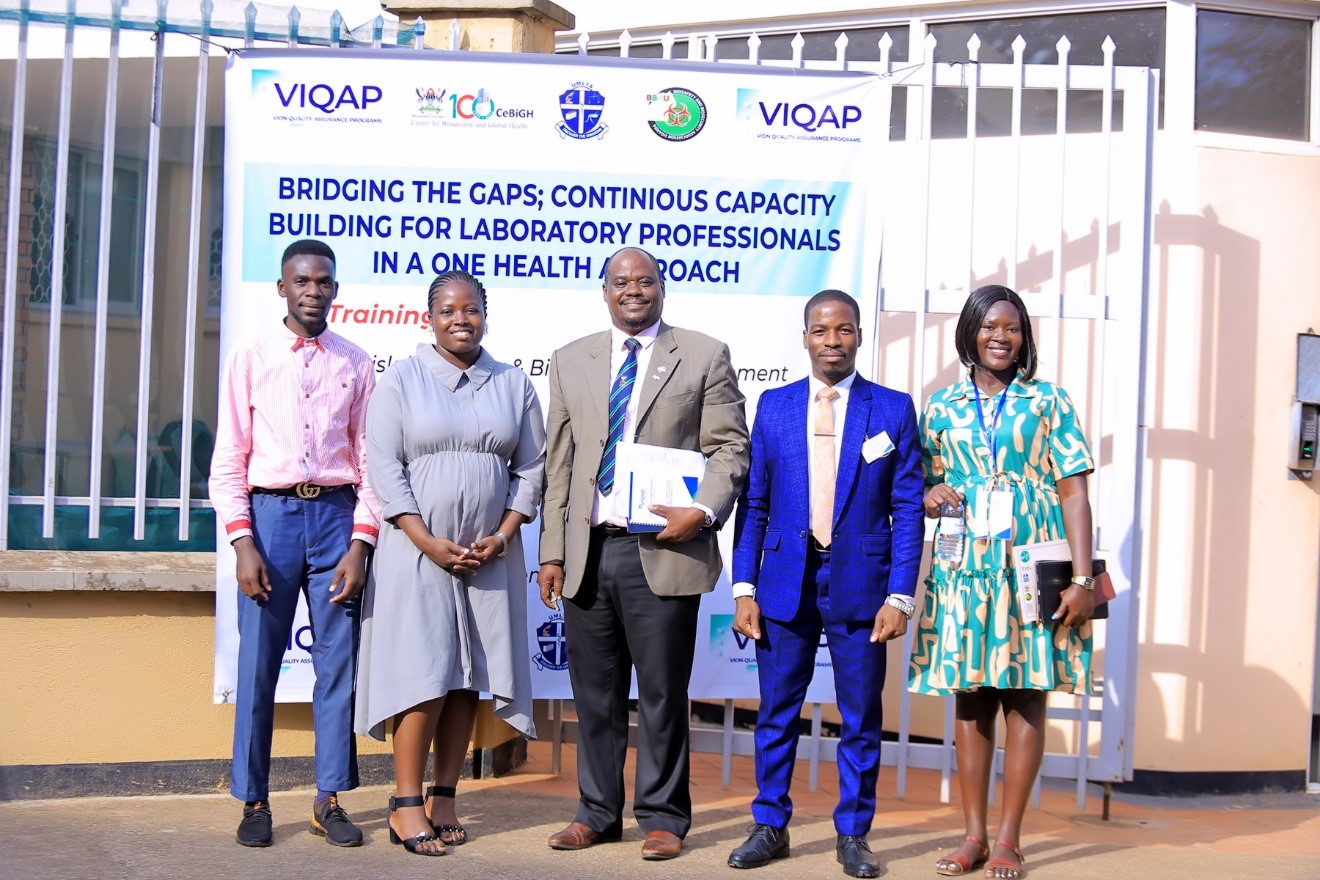
Figure 14: The organizers of the training posing for the photo with Prof Mugisha after closure of the training
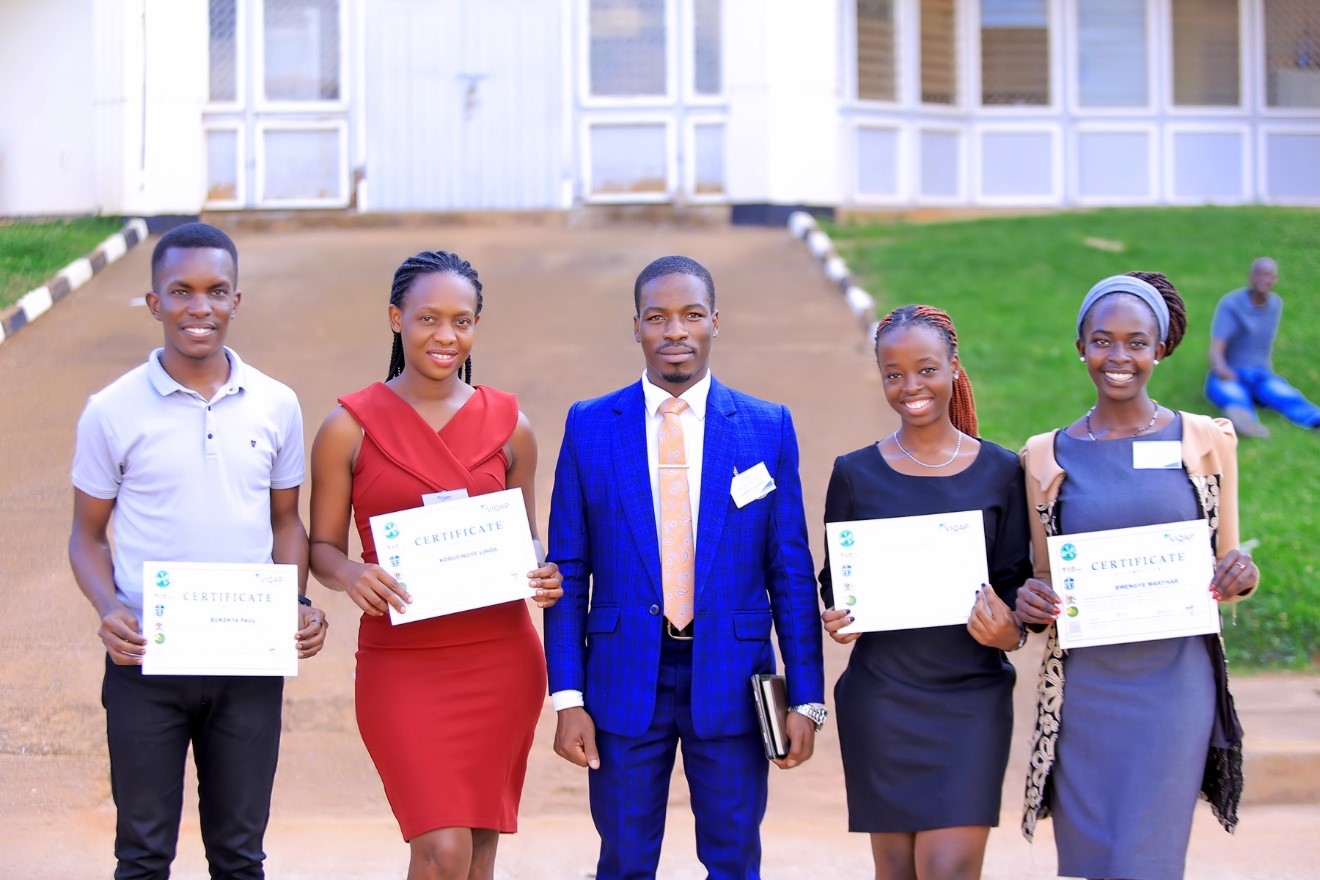
Figure 15: Some of the COVAB participants and the lead facilitator after the training.


